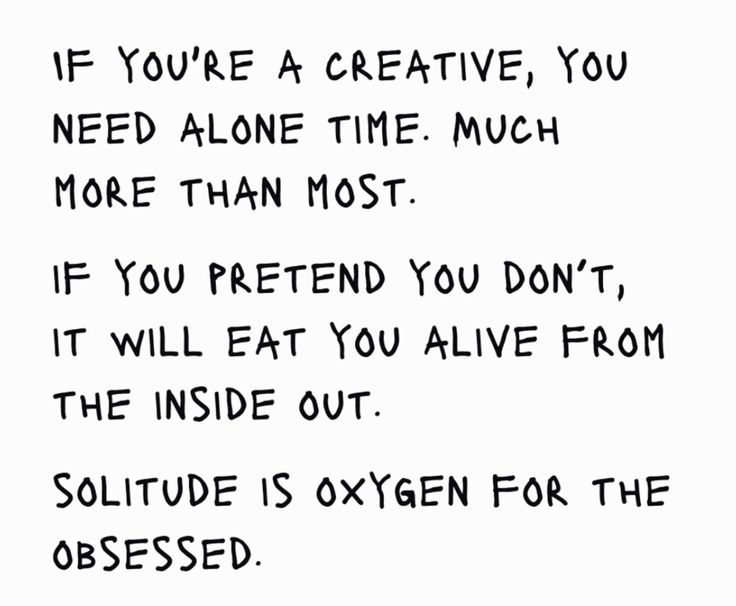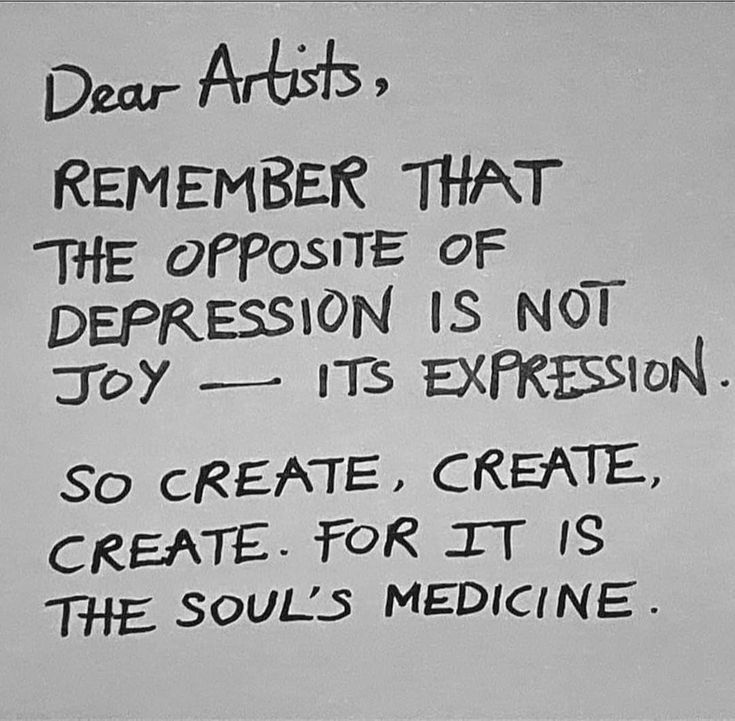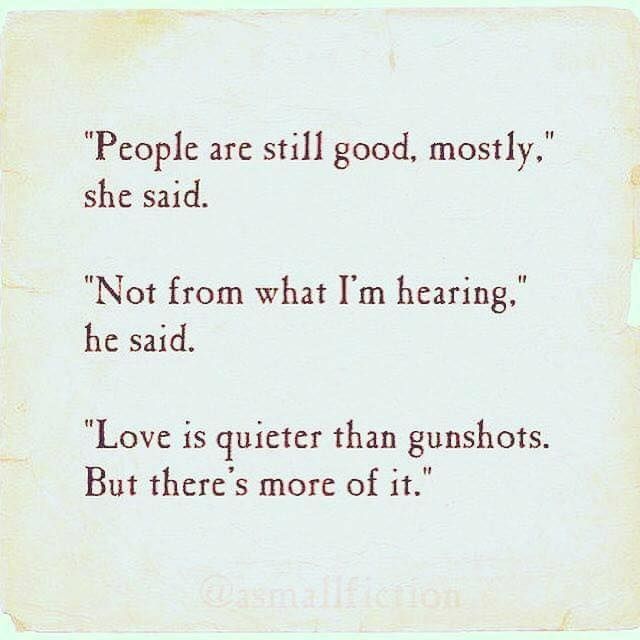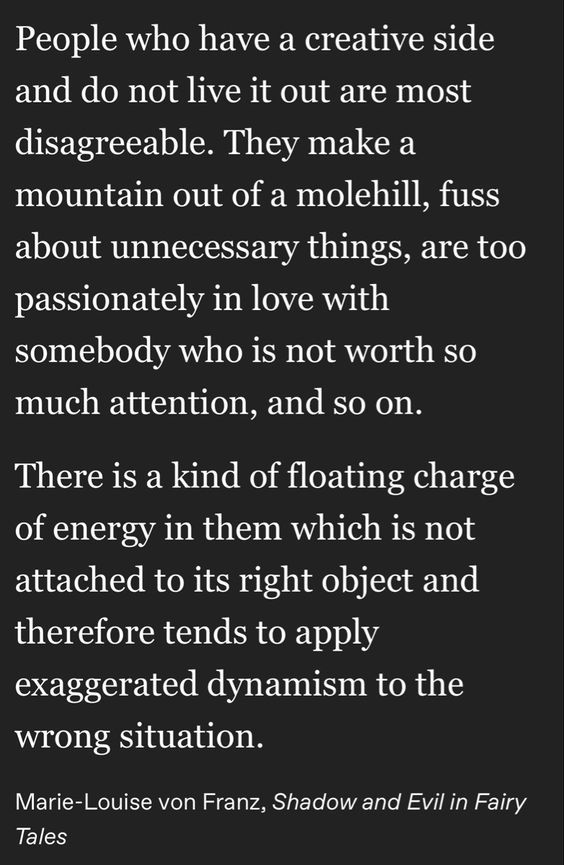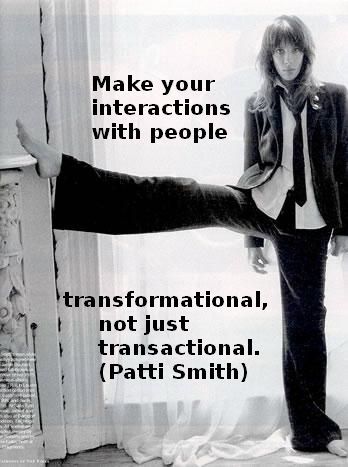“Optimism is vital precisely because, throughout the course of life, so many things will go wrong. Trivial or catastrophic, setbacks and upsets pepper our existence, but they have to. We wouldn’t be human if we didn’t run into problems. We wouldn’t develop without the experience of them. Our lives aren’t measured in a vacuum. We define ourselves—and are defined by others—by how we react to the things that happen to us. Every occurrence, good or bad, presents an opportunity for knowledge and growth. A negative experience doesn’t warrant a negative reaction. We have to surpass our temptation to resent or withdraw from our afflictions if we are to learn from them.”
Bert R. Mandelbaum, MD, via The Win Within (Page 77)
“The Olympics allow for expression of the human passion that resides, too often dormant, in every moment of life, from the monumental, to the mundane. We watch the games not as spectators but as fellow participants in our hearts. We indulge the fantasy that we have something great in us. The athletes we idolize are masters of the same internal fire that you and I possess. In every facet of life, there is an opportunity to assert the Olympic spirit—the victorious spirit—to push for achievement previously not thought possible and dare to dream.”
Bert R. Mandelbaum, MD, via The Win Within (Page 44)
Samurai Decor / Incense Holder
Why We ♥ It: Not only can these miniature terracotta samurai warrior statues be used as incense holders, but they can bring a powerful martial reminder to any room—symbolically representing values such as honor, courage, discipline, respect, and indomitable spirit. And because they can be used with incense, they can also have a calming, presence-of-mind effect.
“‘These are my dreams! Why live if I abandon them in difficulty? That is when they need me the most.’ Have you ever said those words? Have you ever accessed the victorious spirit within? Because here’s the secret: it’s resting within you, right at this very moment.”
Bert R. Mandelbaum, MD, via The Win Within (Page 35)
“It is best not to drink too deeply from a cup full of fame. It can be intoxicating, and intoxicated people often do foolish things.”
John Wooden, via The Win Within (Page 31)
“We all do this. Instead of using our minds to solve problems, we set it to work on problems that don’t exist. Instead of using it to move forward, we use it to look backward, pouring over what already happened. Instead of using it to feel good, we use it to torture ourselves. How crazy is that? And how counterproductive? You have been given an incredibly powerful too—this brain and imagination of yours. But like a gun or a knife, it can just as easily harm the user as it can protect or serve them. We have to train and discipline ourselves, we have to direct these resources properly. We have to channel our creativity not into fear and anxiety, but into purpose and progress.”
Ryan Holiday
“One of the things I’ve observed is that the trademark of a triumphant spirit is that it declares itself not only in the good times but in the absolute worst times as well.”
Bert R. Mandelbaum, MD, via The Win Within (Page 27)
“No one invites adversity into their lives, and while you can’t always be as prepared for it as you would like to be, the victorious spirit enables you to turn this bad luck into opportunity. Adversity is never the end, but rather a catalyst for you to push yourself further than you may have even thought possible. You simply need to unlock the victorious spirit.”
Bert R. Mandelbaum, MD, via The Win Within (Page 24)
“Many people seem to think it foolish, even superstitious, to believe that the world could still change for the better. And it is true that in winter it is sometimes so bitingly cold that one is tempted to say, ‘What do I care if there is a summer; its warmth is no help to me now.’ Yes, evil often seems to surpass good. But then, in spite of us, and without our permission, there comes at last an end to the bitter frosts. One morning the wind turns, and there is a thaw. And so I must still have hope.”
Vincent van Gogh

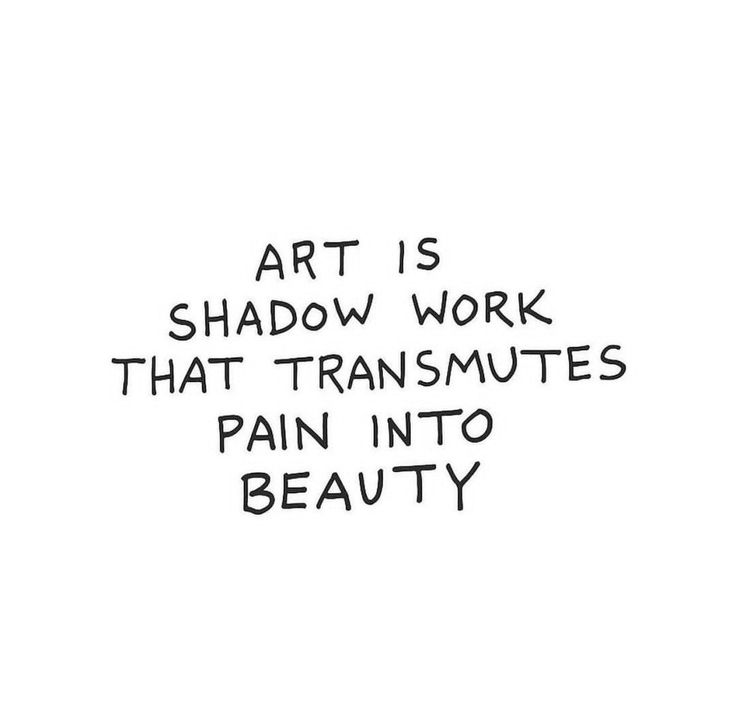
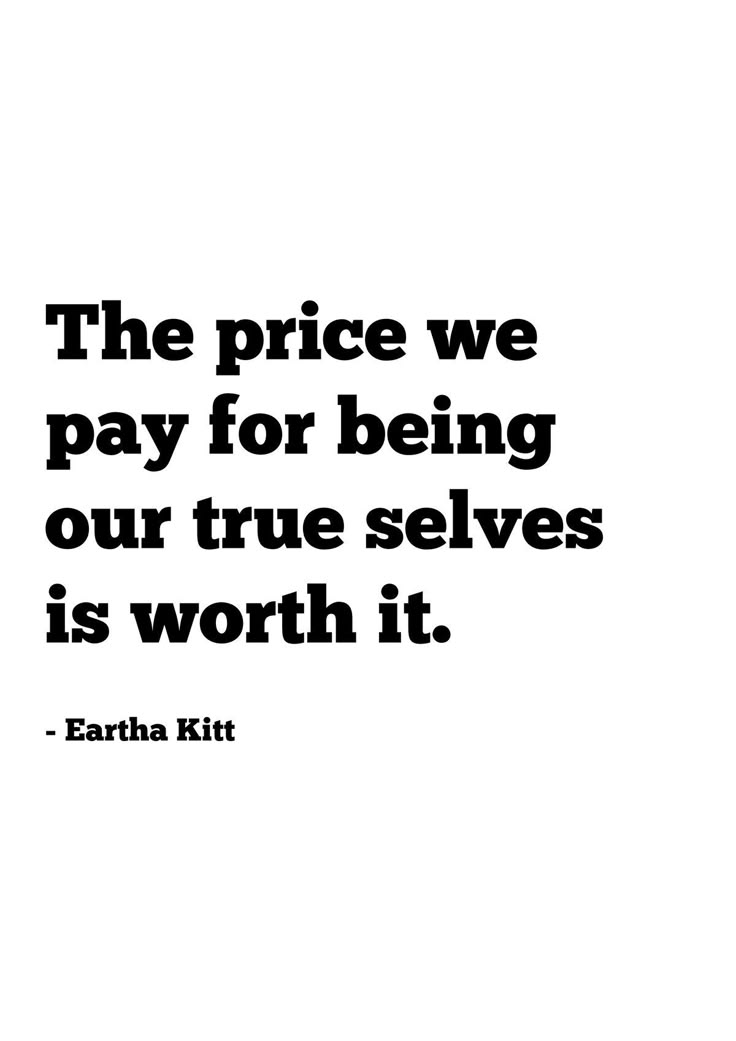
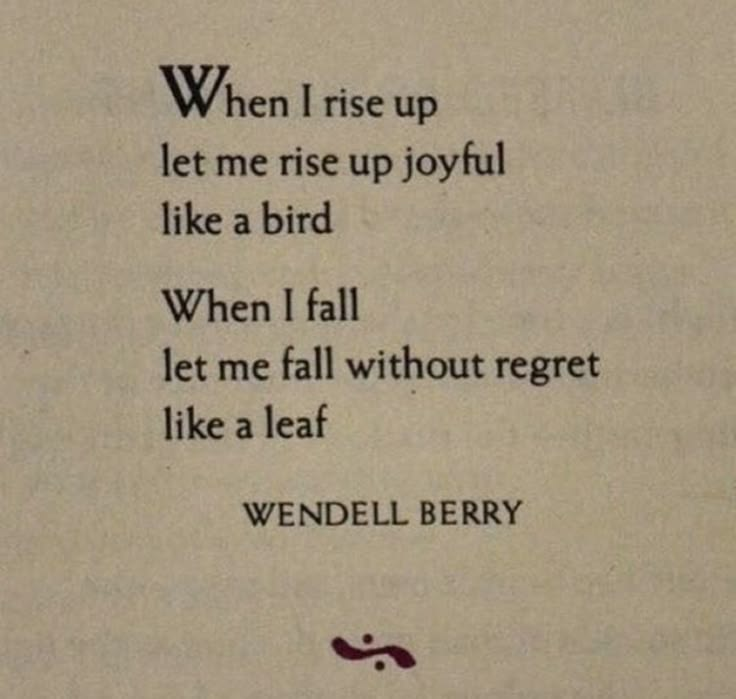
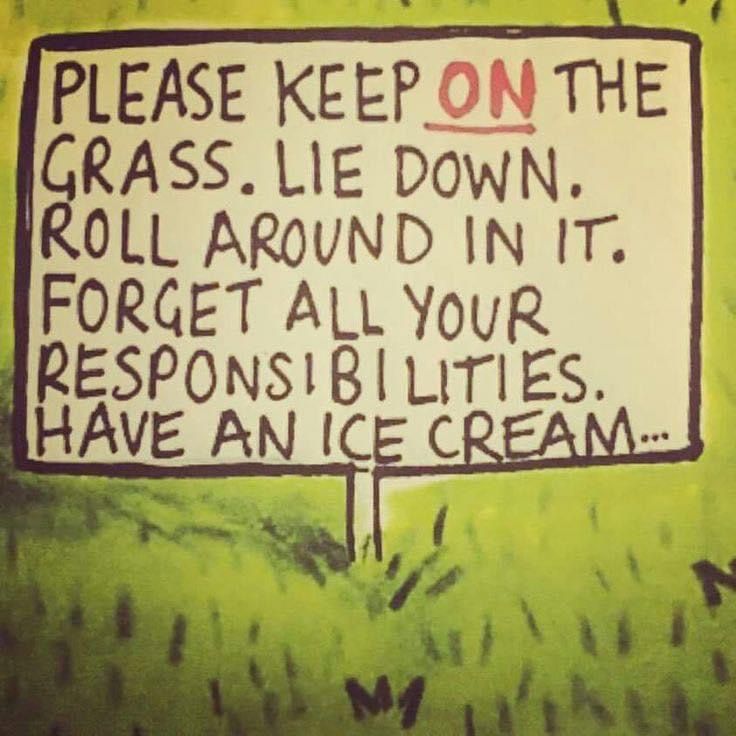
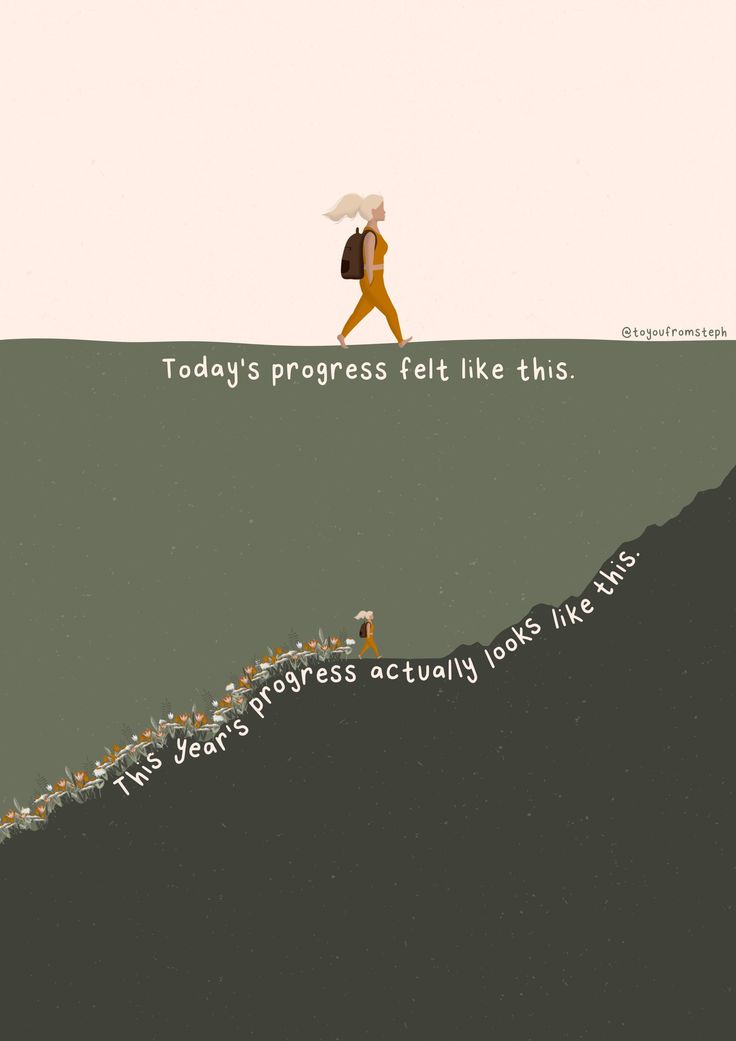
![[MMQ ♥’s] Samurai Decor / Incense Holder [MMQ ♥’s] Samurai Decor / Incense Holder](https://movemequotes.com/wp-content/uploads/2024/11/Samurai-Figures.jpg)
